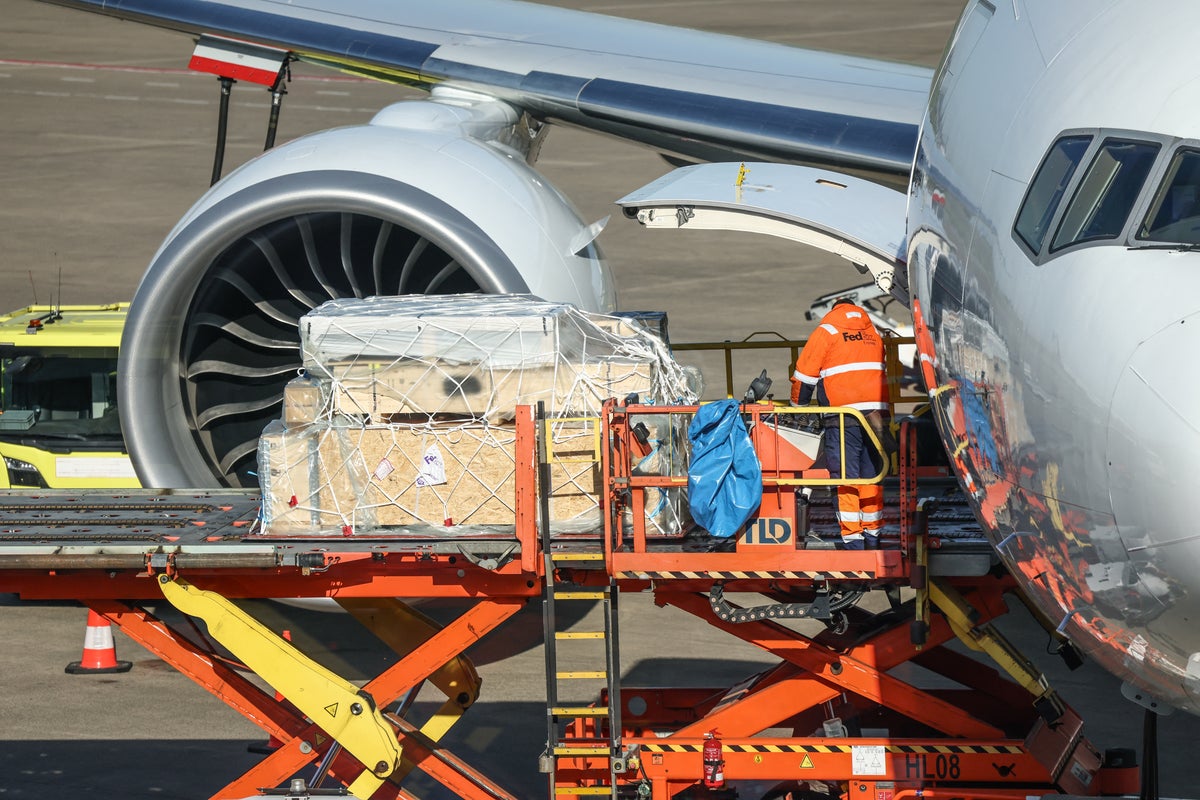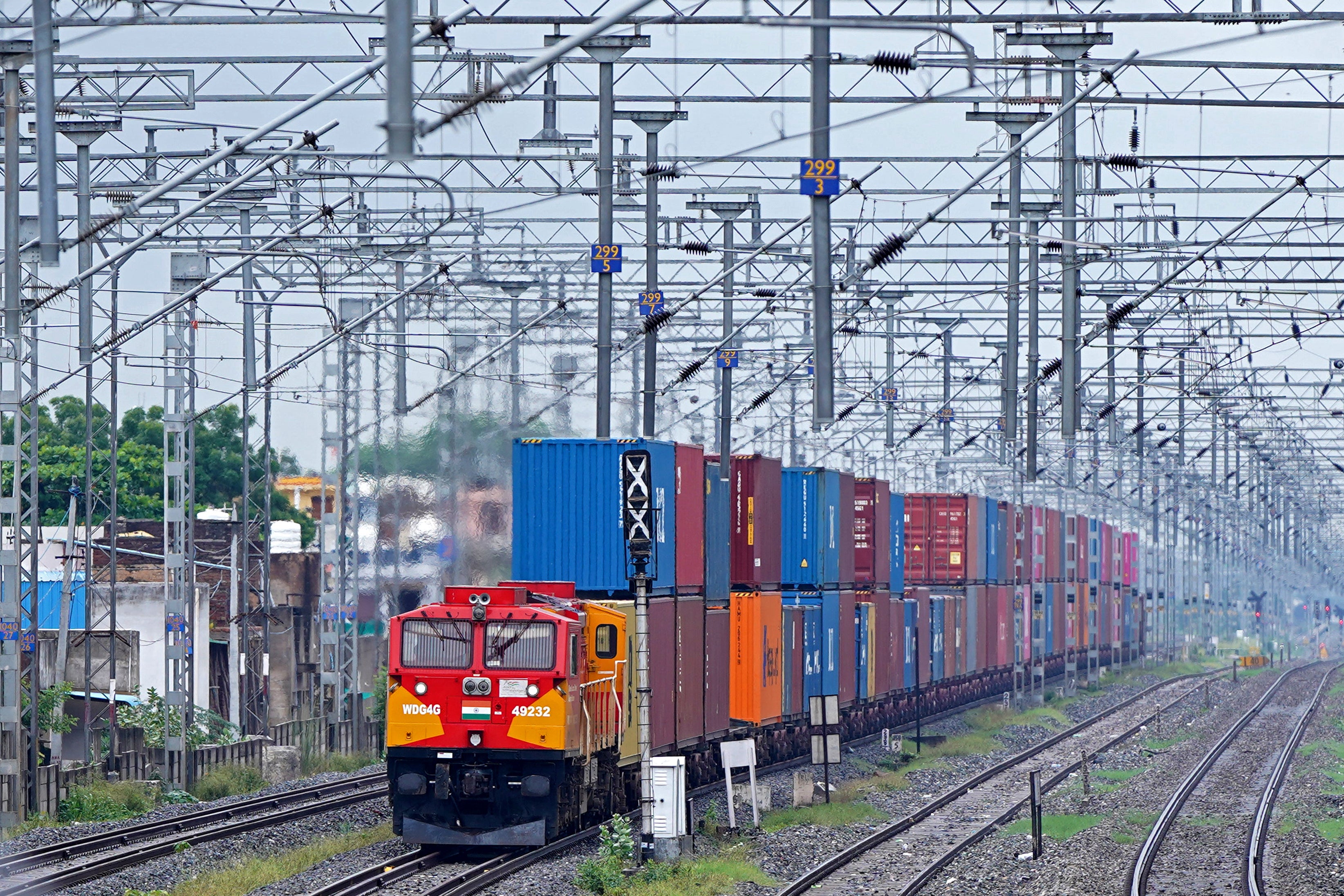
Australia, Japan, and Taiwan have announced temporary suspensions of certain postal services to the United States in response to upcoming changes in U.S. import tariff policies.
The move follows President Donald Trump's executive order terminating the "de minimis" exemption, which previously allowed packages valued under $800 to enter the U.S. duty-free.
Effective Friday, items over $100, except for letters and small gifts, are subject to tariffs.
Australia Post stated that, starting Tuesday, it would not accept parcels to the U.S. and Puerto Rico lodged on or after that date. However, letters, documents, and gifts valued under $100 remain unaffected by the suspension. The postal service said it’s committed to working with U.S. and Australian authorities to resume services promptly.
Similarly, Japan Post announced on Monday that it would halt accepting parcels to the U.S. valued over $100 or containing commercial items, effective Wednesday. The decision was made due to uncertainties regarding the new tariff procedures and the potential for increased customs duties. Personal letters and postcards are still permitted under the new policy.

The Trump administration is keen to boost U.S. manufacturing by curbing low-cost imports, but their policies are disrupting global postal and e-commerce supply chains.
Individuals and businesses are advised to anticipate potential delays and increased costs for U.S.-bound shipments.
The “de minimis” adjustment is likely to impact discount retailers such as Amazon Haul and TikTok Shop, along with online marketplaces like Etsy and Shopify, all of which link U.S. consumers to international sellers.
Under the new executive order, businesses could incur charges of $80 per item from countries with tariffs under 16 percent, $160 per item for tariffs between 16 percent and 25 percent, and $200 per item for tariffs above 25 percent.

These actions add to a growing list of countries, including India, Australia, and several European nations, that have suspended U.S.-bound postal shipments due to the impending tariff changes.
The United Nations' Universal Postal Union reported that at least 25 member countries have taken similar measures, citing concerns over the lack of clarity on how U.S. authorities will implement the new customs duties.







